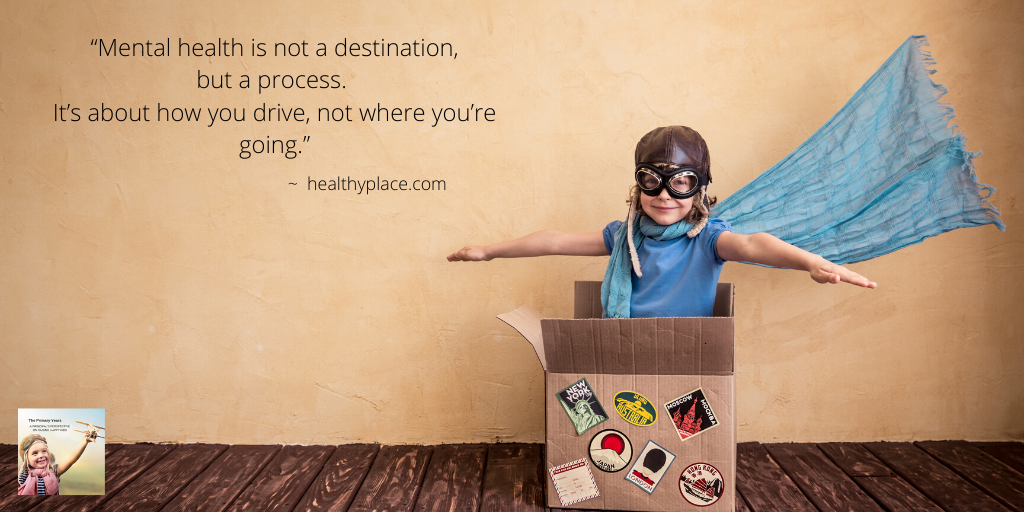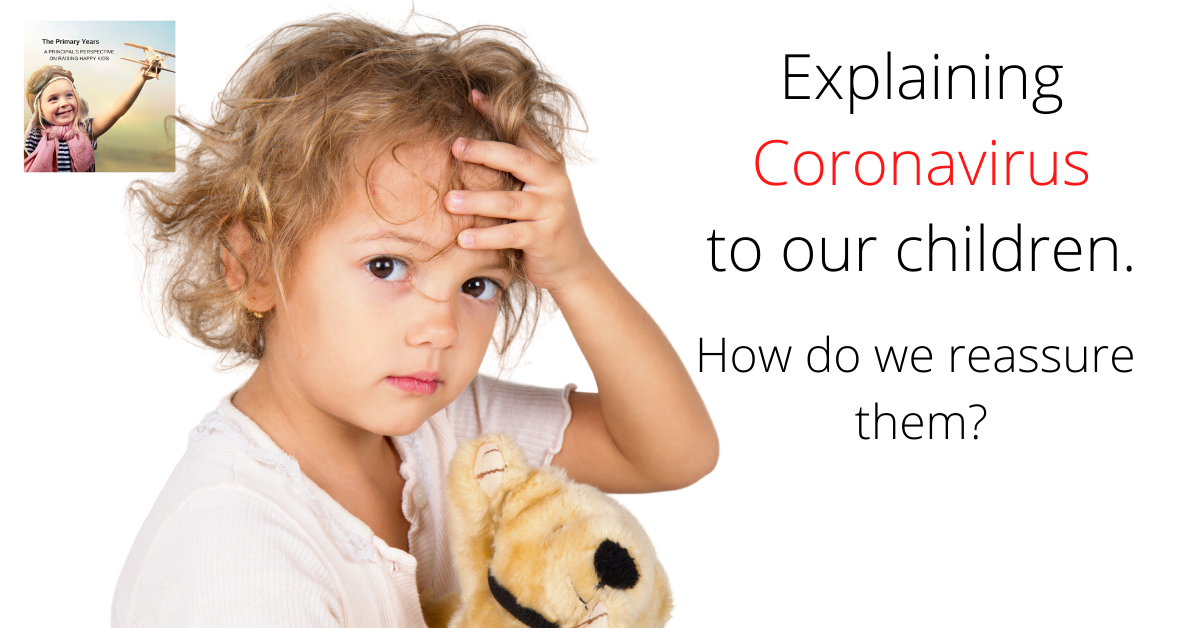A check in now that school is back
Yes, school is back in all its glory! This means that families can start to set up routines and schedules for their week so that everyone is in control.
However, let’s consider a few facts. Is it possible that as a family some habits will have changed? I would like to list some possibilities to think about with regard to the coronavirus pandemic that has impacted on all our lives. This list is to get us thinking about possible changes to our life and family that project us into a new norm.
Returning back to school after isolation and Covid-19
Notice how your relationship with your children has changed. The quality time together that you had at home is isolation may now be challenging you to be more in touch with your child. Try to hang onto what you have gained in this area.
Going back to routines can also drop down our time together to talk and engage as a family. Your child may grieve the loss of the strong connection you developed. Keep an eye on maintaining that relationship.
Now that your child is at school how is that impacting on your life? Are you missing the strong bond that developed? Have you noticed your routines changing? Is there more of a focus now on finding some personal time. Can you keep hanging on to that precious development in your life?
Check in with your child about how they are adjusting to school. The excitement will be there at first but their biological clocks are shifting again and the attention which a parent gave is now less. Are they coping with school routines?
Talk as a family regularly about the experiences as a family of being at home. List all the great experiences and memories that you want to keep. Highlight important learning that you as a family gained.
Consider taking a family photo of yourselves in your Covid mode. This can be important to talk about later as a family. Your child will have a very distinctive memory of the journey and you want to bring it into a favourable family experience.
Are there any habits that you have developed with your child? Did they begin to show more independence around the house such as cooking, cleaning etc. Try to keep these independent developments continuing and try not to fall back into habits of doing tasks for them.
Discuss how your child learnt from online school activities. This certainly would have strengthened their computer skills and you will find that teachers will now be keen to give them more group activities requiring conversation and interaction. Talk to your child about what style of learning they enjoy the most and why? This encourages them to reflect on how to learn effectively and what suits them.
Your child, especially if they are younger may become anxious about losing contact with you given the intensity of your relationship over the past several weeks. You may need to check in with them about their feelings of having less time with you.
The pandemic came with some very scary predictions over the past few weeks. Talk positively about why your child is safe going back to school and give them reassurance by gently educating them on how to be safe both at school, in public and at home.
What you as a family have experienced is quite unique. There is no research available to tell us how the future will look or to guide us coming out of the pandemic.
As the parent, your role is to keep your child educated with the facts always age-appropriate information of course. Giving them frequent reassurance that you are strongly present in their lives is, I consider a high priority as the child meanders their way into our new normality.



















